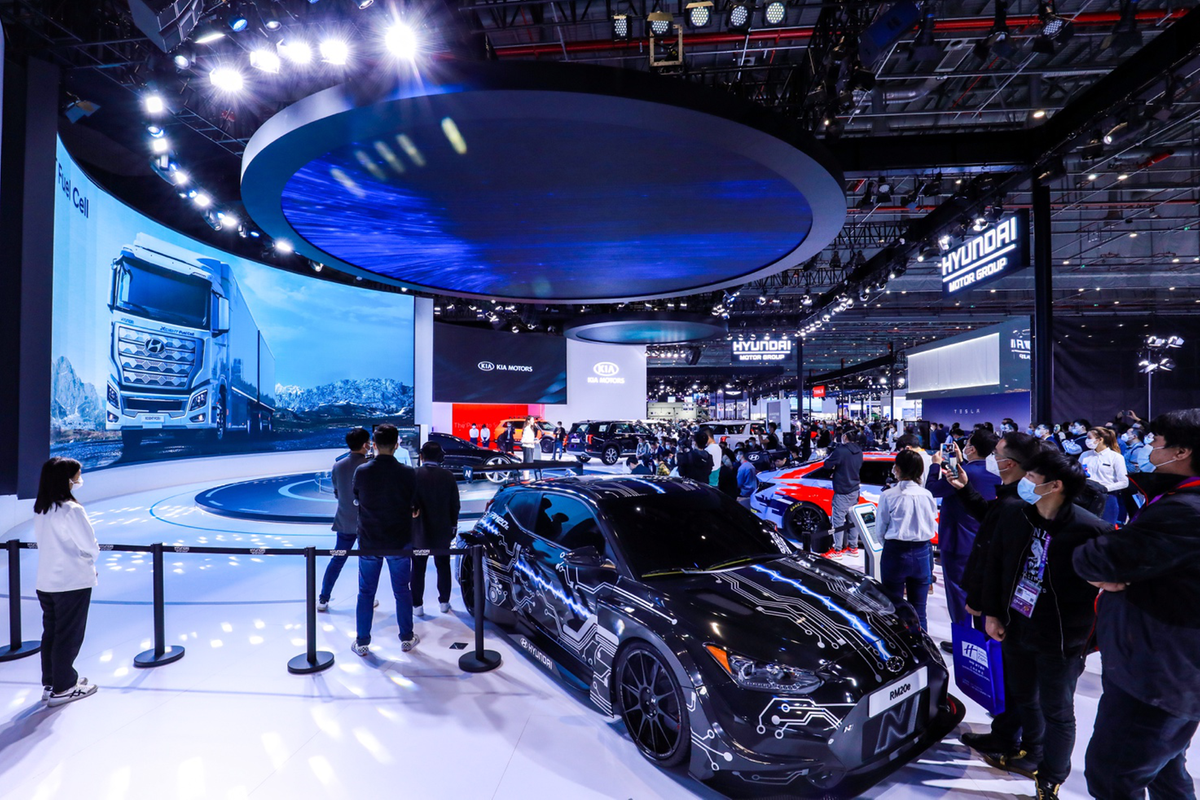Hyundai to phase out gasoline vehicles in China by 2040


Hyundai Motor Group is planning to stop selling conventional gasoline vehicles by 2040 in major markets including China, as the South Korean carmaker shifts its focus to electrification and fuel cell systems.
Starting from 2030, the company will gradually expand battery electric vehicle offerings in key markets such as the US, Europe and China, eventually aiming to fully electrify its product lineup in those major global markets by 2040.
Hyundai unveiled the goals last week when it released its updated strategy for the year 2025.
China has been the world's largest market for electric vehicles and plug-in hybrids since 2015. The China Association of Automobile Manufacturers estimated sales this year could reach 1.3 million, up more than 8 percent from 2019.
Hyundai is planning to introduce more than 12 electric models, including those built upon its dedicated E-GMP platform. The automaker expects to sell 560,000 electric vehicles per year by 2025.
The carmaker said it targets an 8 to 10 percent of share in the global electric vehicle market by 2040.
The hydrogen fuel cell system is a newly added pillar in the company's updated strategy, joining the ranks of electric vehicles, urban air mobility and autonomous driving, all three of which were unveiled by Hyundai in 2019.
Hyundai launched the world's first mass-produced fuel cell electric vehicle, the ix35, in 2013. The automaker has since been expanding its offerings, including the NEXO SUV, the XCIENT Fuel Cell heavy-duty truck and a fuel cell electric bus.
As a new part of its 2025 strategy, Hyundai will upgrade fuel cell system technology and expanding fuel cell business beyond the development of fuel cell vehicles.
It also plans to expand application of its fuel cell system in all transportation areas including ships, trains, forklifts and urban air mobility solutions.
The carmaker said in November that it plans to sell at least 27,000 fuel cell vehicles in China by 2030. The country has set a target of having 1 million such vehicles on its roads by 2035.
It will scale up its fuel cell vehicle production capacity to 2,000 vehicles in 2021, to expand its presence in Europe and China.
Hyundai said investments in electrification and fuel cell systems in its revised 2025 strategy will total 89.47 billion yuan ($13.69 billion) by 2025, up from 62.45 billion yuan in the previous edition.




































